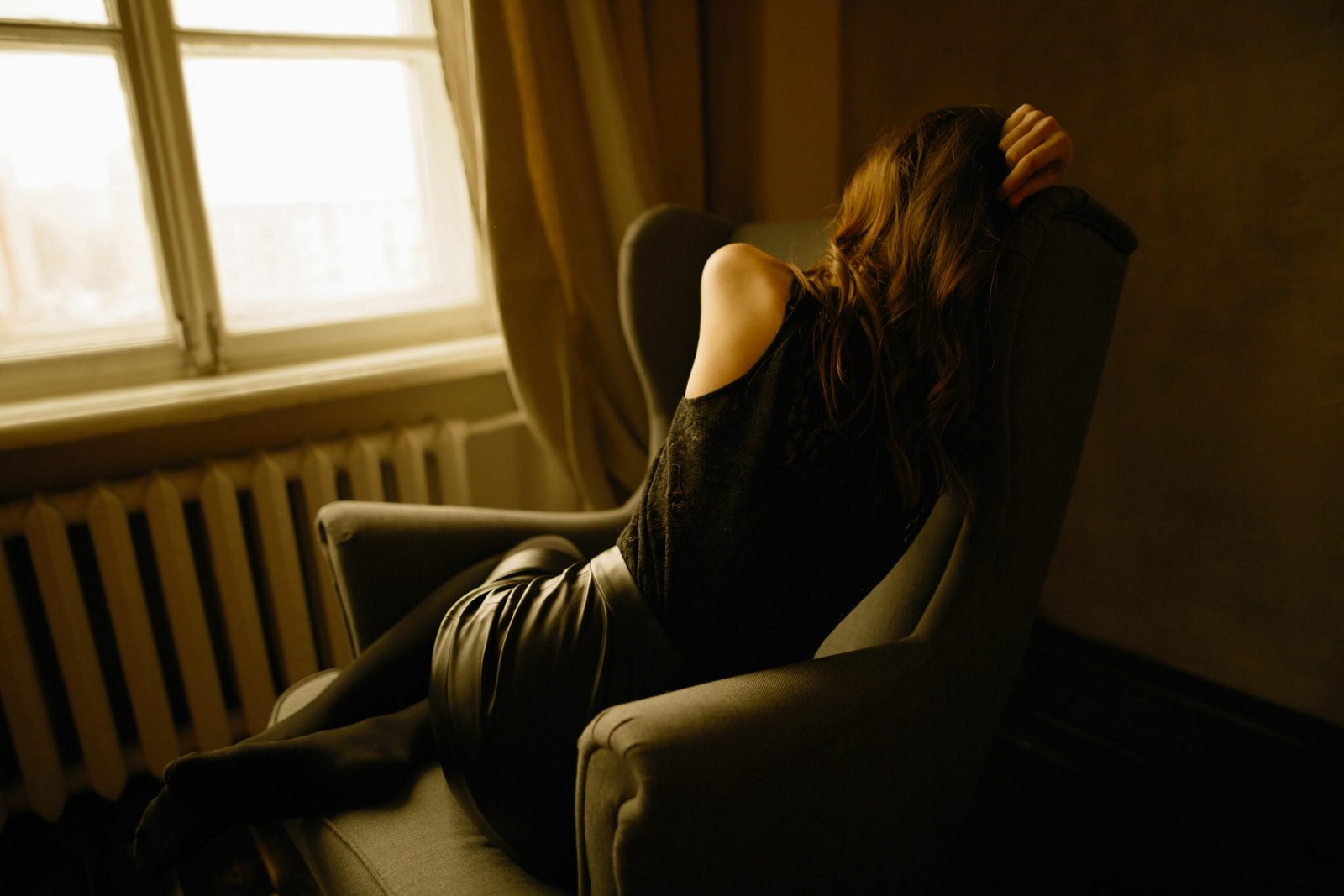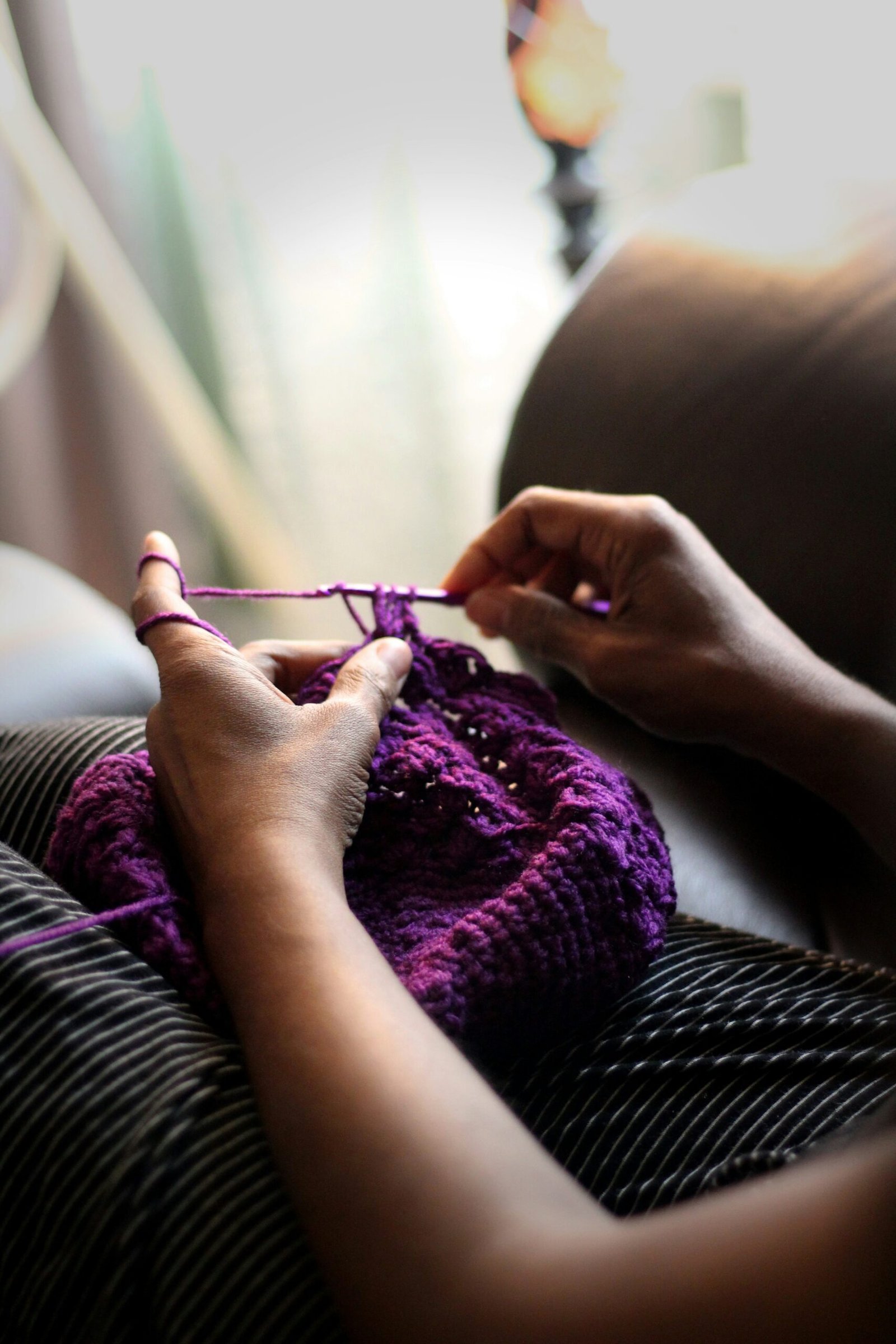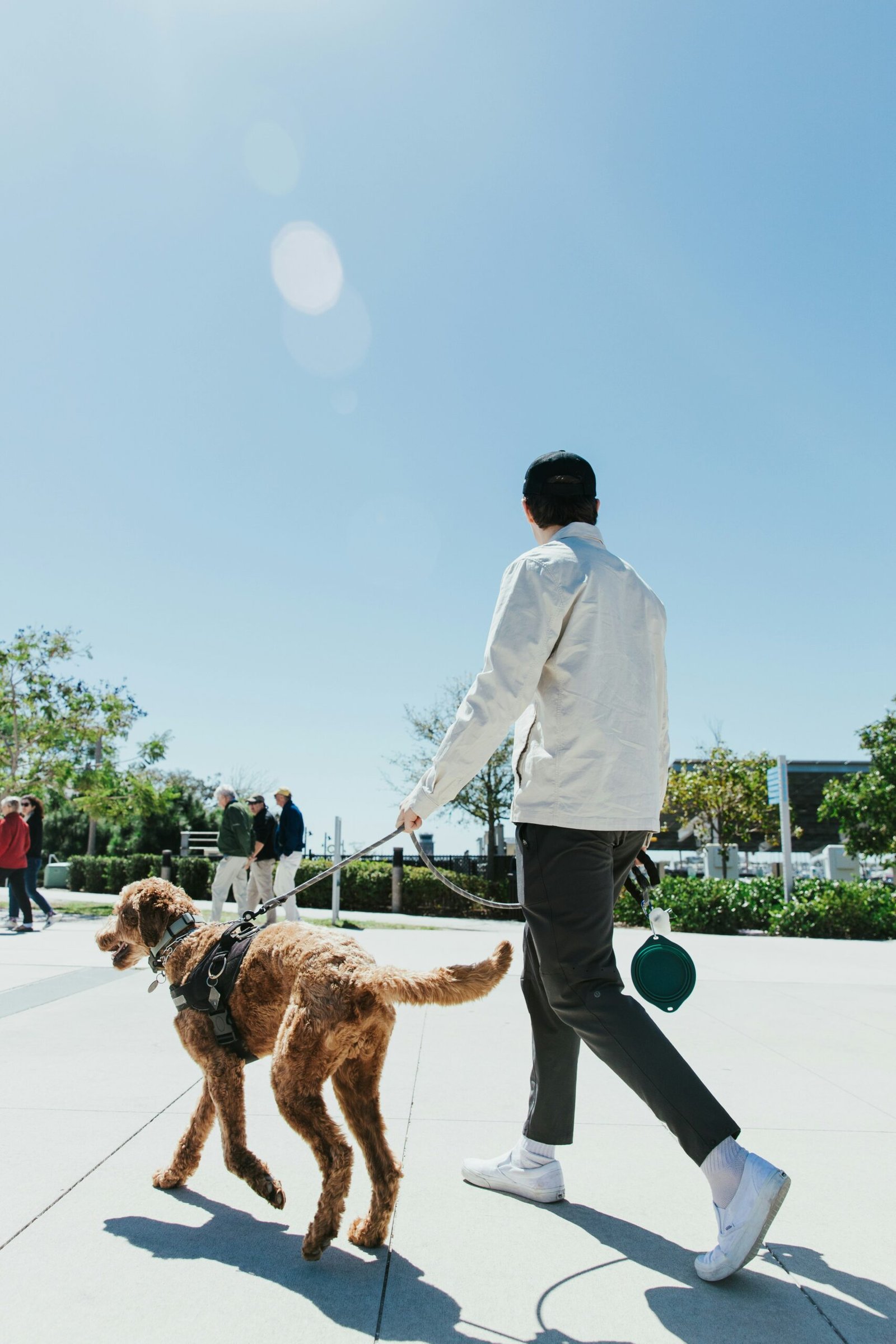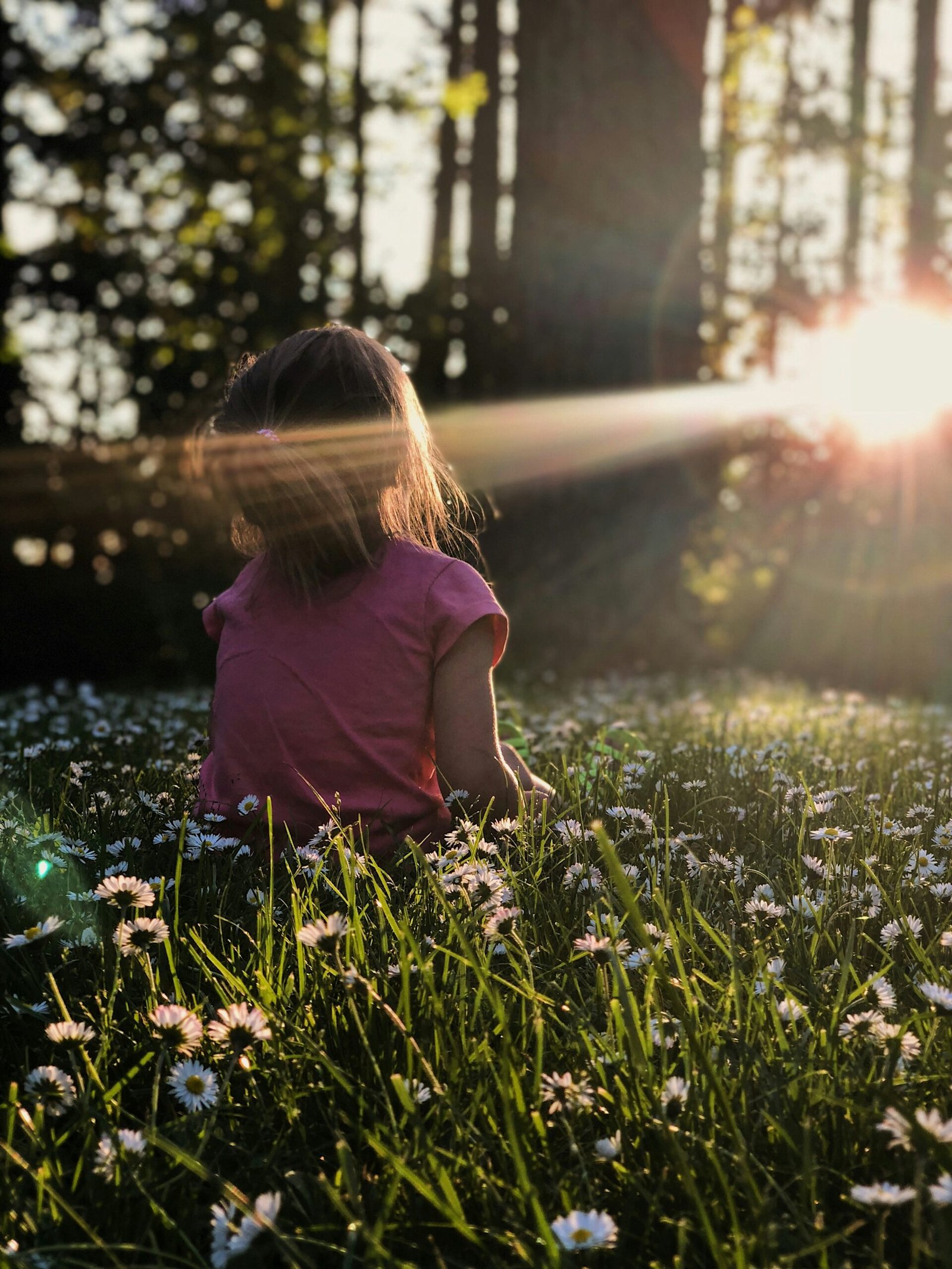Post-Performance Slump
What if you could turn your post-performance slump into a meaningful and fulfilling pause of your rhythm?
Many of you wonderful performers may experience a ‘post-performance slump’ (feeling suddenly, unexpectedly low) in the days following a big show or tour. I noticed this when my daughter would ‘come down’ from the heights of adrenaline of her performances, usually after a big production, such as a musical or an opera. And I was so grateful to the Bedfordshire Youth Opera’s fantastic volunteer (come administrator, come organiser) – Ness, and her wonderful husband Peter, for organising a chill out party every year after the final performance of the run. It was so needed after an intense period of daily rehearsals and four performances in a row. The performers would have a slow, lazy party to celebrate but also to unwind and process the intense time they have had. It is a good example of looking after the performers after the show, so that their post-show slump is not too extreme.

Why the Slump Happens
For many performers, the days (or weeks) after a big show, tour, or creative project can feel like an emotional freefall.
Performance isn’t just a job. It’s an embodied, emotional, and highly stimulating experience. Your nervous system runs high for weeks or months, fuelled by cortisol, adrenaline, and the thrill of connection with an audience (which gives you also shots of dopamine). The applause fades, and suddenly, you’re left with a quiet that may feel more hollow than peaceful. You might feel exhausted yet restless, relieved yet strangely empty.
Your body and mind need time to re-calibrate.
It is literally a physical come down (excuse the comparison, but after orgasm, the body also needs to come down and yet we do not panic about this, do we?).
But this dip isn’t just fatigue. It’s also a psychological transition. You’ve been living in a heightened state of purpose, and now, without the immediate next step, you might feel un-tethered. That’s okay. It doesn’t mean you’ve failed or that your passion is gone. It means you’re human.
This is the post-performance slump – a completely normal, yet rarely discussed, part of a performer’s emotional rhythm.
As a Psychologist working with stage performers and other artists, I often see clients wrestling with this phase. They worry: Is something wrong with me? Shouldn’t I feel happy? Am I getting depressed?
But what if, instead of seeing this slump as a problem to fix, we viewed it as a necessary and meaningful pause in your creative cycle?
I indeed encourage you to see this period not as something to “fix,” but as a vital window to process and reflect on the performance, recharge, and perhaps even rediscover purpose beyond the stage.
The post-performance moments of ‘nothingness’ is a perfect opportunity for reflection, as in the usual business you may not get many moments of silence and stillness.
How to Make This Time Meaningful
Instead of rushing to “get over” the slump, what if you leaned into it as a chance to recharge and reconnect with yourself and the world beyond the stage?
Here are some things that may be worth considering:
Rest Without Guilt
Your body needs recovery just as much as an athlete does. Sleep, slow mornings, and gentle movement (like yoga or walks) help your nervous system reset. Rest isn’t laziness, it’s repair (and a necessary one!). This is talked about a lot on instagram: https://www.instagram.com/p/DI9XxlwolY0/?next=%2F&hl=en

Engage in Something Grounding
One of the most powerful ways to navigate this phase is to do something purposeful that exists outside performance, something that restores your sense of connection, not just with yourself, but with others. Sometimes, it takes a moment to find your thing. Perhaps you want to go on a hike (solo – with an opportunity to reflect or in a group)? Perhaps you want to knit or express yourself creatively but through a different modality to your usual creative expression? Perhaps you could volunteer for a local charity on an ad hoc basis? I love offering respite care for The Hearing Dogs charity (read more here: https://www.instagram.com/p/DKmWWsDMW7x/?next=%2F&hl=en ) or simply helping local animal shelter to walk the dogs. It can be anything nurturing, quiet, purposeful, and, most importantly, something that has nothing to do with ticket sales or stage lights.
Whether it’s walking a dog, supporting a local cause, mentoring someone, or simply allowing your nervous system to settle with good rest and nourishing routines, these acts are not “breaks” from your career. They’re what sustains it. They allow your identity to expand beyond the performer, reminding you of your value when the spotlight is off.
Other ideas:
– Mentor a younger artist (sharing your wisdom can remind you of your journey).
– Support a local cause (helping others shifts focus outward).
– Create just for fun (sketch, write, play, with no audience and no pressure, just for yourself). I personally love neurographics ( https://english.neurographica.com/ ) – a way of creative expression through structured drawing, based on scientific, psychological principles of how our brain processes the world and our emotions.



Reflect & Integrate
In my free toolkit The Performer’s Mindset , I have included a reflective journaling exercise, which many people find useful. It’s worth starting with reflection, structured in a constructive, supportive and compassionate way.
(Access here: https://ce5e0efe366111f090347538625232b3.eo.page/v2bt7)
Instead of jumping straight into the next project, ask yourself questions such as:
- What moments felt most alive/ fun/ engaging/ joyful, etc?
- What did I learn from this performance / tour / set of shows, etc?
- What parts of it truly fed me?
- What do I want to celebrate?
- What do I need more (or less) of moving forward?
- What could I let go of? (what doesn’t serve me anymore?)
Journaling or talking with a trusted friend can help process the experience.

Expand Your Identity
Performance is a part of you but not all of you. When the spotlight dims, it’s easy to feel like you’ve lost a piece of yourself. It sounds cliché but it is so true: you’re more than your performance, your last role, gig, or review. Reconnect with hobbies, relationships, and interests that remind you of your wholeness. And remember that this pause is part of your rhythm.
In my clinical practice, the most struggling artists tend to be those whose identity is enmeshed in their performing career, and I cannot stress enough how important it is to build a strong self of sense, away from the performing world. For instance, recently I listened to a great interview with Lauren McQuistin on Things Musicians Don’t Talk About https://shows.acast.com/things-musicians-dont-talk-about/episodes/99-lauren-mcuistin-eating-disorders-in-classical-music-live (shout out to this excellent podcast too!) and I noted how she said that when she left her opera career, she realised she did not have any friends who were not musicians or linked to the classical music world and how refreshing it was to make friends with people from very different walks of lives. We can learn so much from having diverse links, people and interests in our lives! (but that’s a topic for another post!
The slump isn’t a sign that something’s wrong. It’s proof that you gave your all and now, your mind and body are asking for space to replenish.
So if you’re in this dip right now: breathe. Let it be an invitation to rest deeply, reconnect meaningfully, and maybe do something kind for yourself, and for someone (or some dog!) who needs it.
Because the truth is, this quiet space isn’t an interruption in your creative life; it’s what sustains it!
___________________________________________
Thoughts? Have you experienced a post-performance slump? How do you navigate it? Share in the comments—I’d love to hear from you.
[Author: Dr Maja Jankowska, a Clinical Psychologist working with performers. Follow for more on mental health & creativity.]
Enjoyed this post? Share it with a fellow performer who might need it. 💛